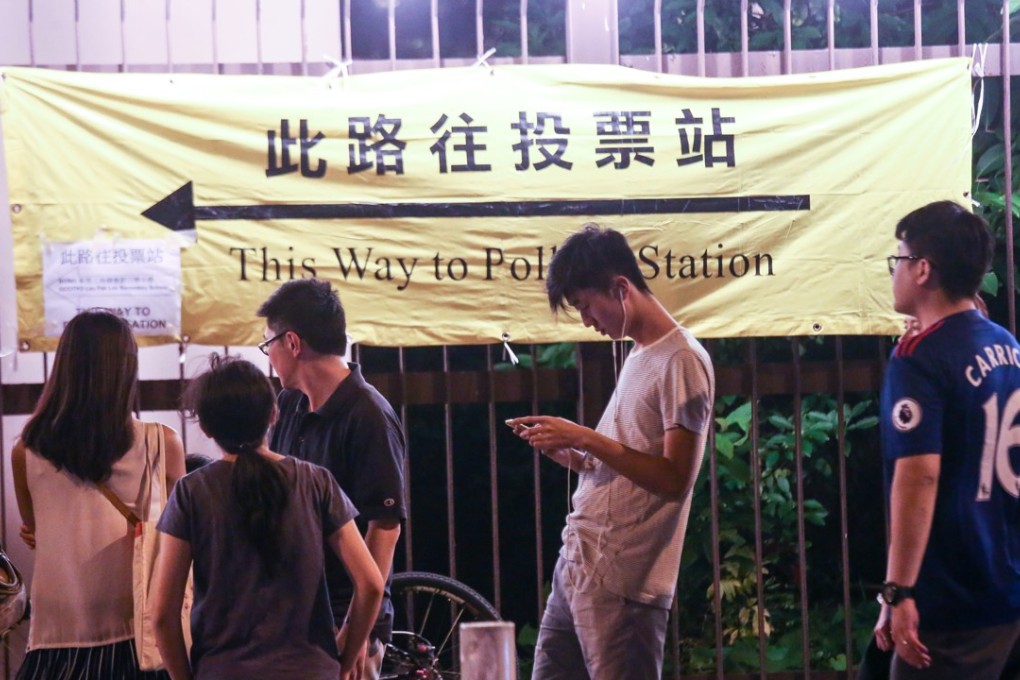My Take | Pan-dem problem is disunity, not poll rules
Shorter polling hours, regulated surveys and relaxed advertising will mean nothing if the opposition squabbles among itself and refuses to coordinate candidates

The government has proposed shortening polling hours, regulating election surveys and relaxing election advertising rules on third-party usage of online media.
Critics are up in arms. Conspiracy theories abound.
The public consultation on the proposed electoral rule changes certainly suffers from bad timing. It comes on the heels of the bitter battle over changing the rules and procedures in the legislature to undercut the opposition’s ability to exploit filibustering.
Shorter polling hours has received the most attention, and we will focus on it in this short column. There are several arguments that deserve closer examination. First, there is an assumption among many critics that voters’ behaviour will remain the same even if the rules are changed. So, if you tend to go to the polls late, just before the closing time at 10.30pm, you might not vote at all if polling stations are closed, say, two hours earlier from now on. That is not necessarily the case.
The most common objection, or conspiracy idea, is that by shortening polling hours, it makes it more difficult to project exit polls and for a last-minute rushof voters to support vulnerable candidates in what is sometimes called strategic voting.
